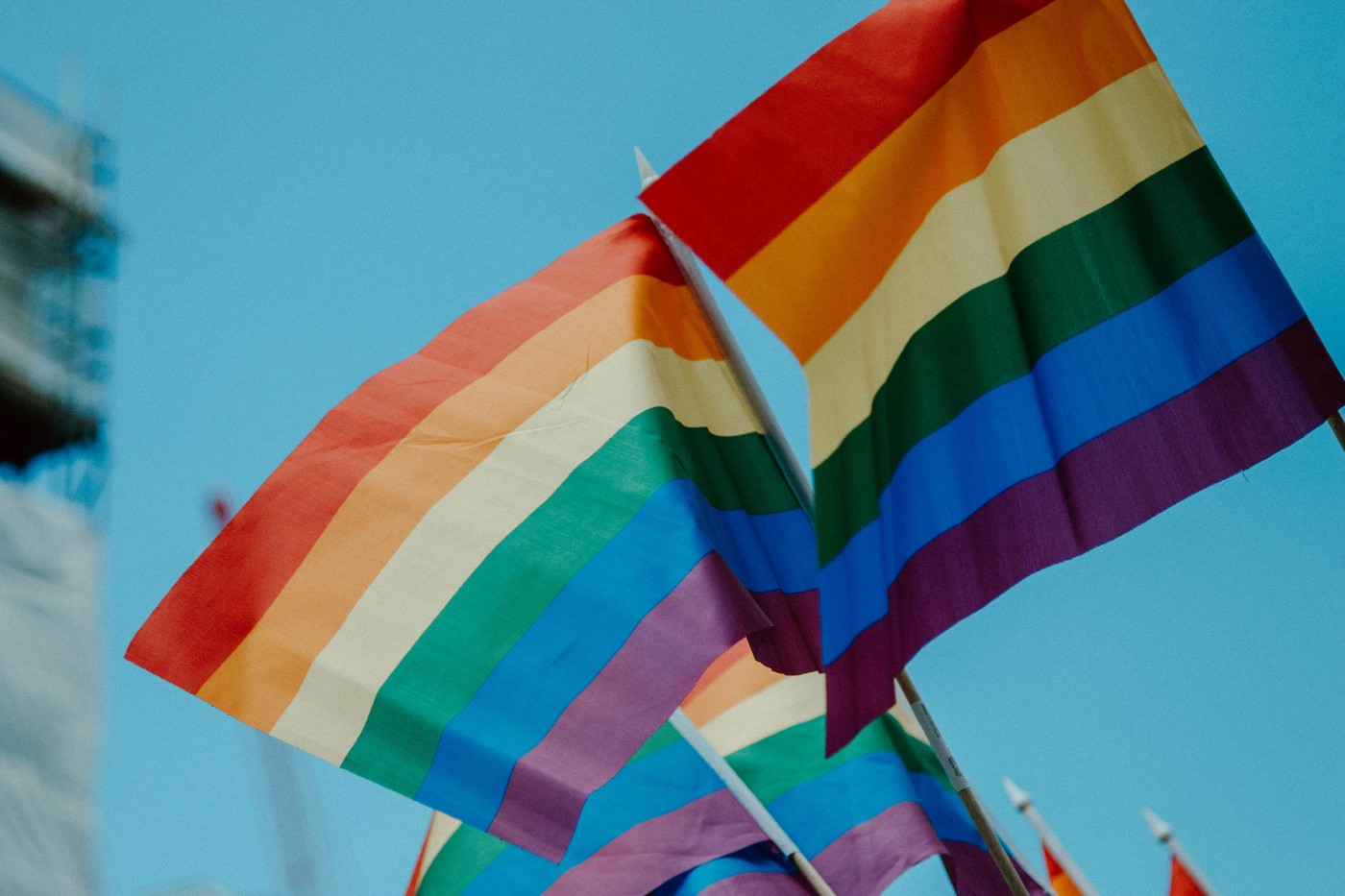Responding to anti-LGBTI forces: ILGA-Europe’s call for project proposals

We have launched a re-granting programme to strengthen the capacities of LGBTI organisations in Europe to achieve change in the current landscape of rising anti-LGBTI forces.
At ILGA-Europe, we believe that now is a crucial time to stay united, re-claim agency and pro-actively address growing anti-LGBTI and anti-gender rhetoric and state-led anti-LGBTI attacks. That’s why we have launched a scheme under which we will support efforts that enable work on communication, alliance building, and the movement’s cohesion and resilience.
The context
For years now, we have witnessed mounting anti-gender and anti-LGBTI rhetoric, and targeted attacks against LGBTI rights and the LGBTI movement. Populists, religious actors, the far-right, ultra-conservative organisations, but also increasingly government actors and civil society actors are working to curtail LGBTI rights, gender equality, and sexual and reproductive health and rights. Their tactics are diverse and include (but are not limited to) strategic litigation, lobbying discriminatory legislation and policy, campaigning on-line, publicly presenting signatures against progressive laws, antagonising and pitting pro-rights communities against each other, producing and spreading harmful misinformation.
Some of the concrete examples of ways in which actions by these forces have impacted LGBTI communities over the recent years include – but are not limited to: the ban on legal gender recognition in Hungary; LGBTI-free zones and Family Charters in Poland; the ban on gender studies and LGBTI phobic violence during local election campaigns in Romania; violence during Plovdiv Pride and control over NGO funding in Bulgaria; the rise of anti-trans rhetoric in the UK; the increase in anti-LGBTI rhetoric in the media in Denmark; trials of Middle East Technical University’s Prides and scapegoating the LGBTI community for the withdrawal of Turkey from the Istanbul convention; and blaming the spread of COVID-19 on same-sex marriages by religious leaders in Ukraine.
Anti-LGBTI actors often use anti-equality, anti-democratic, anti-gender and anti-LGBTI rhetoric and tap into different fears and anxieties of specific national contexts. They aim to disrupt alliances, create divides, attack funding of LGBTI organisations and groups, and reduce or halt progressive laws. They also sow discontent and misinformation among the general public, scapegoat LGBTI communities to divert attention from the anti-democratic slide and socio-economic and political failures, deliberately instilling fear around topics of LGBTI rights, marriage equality, gender equality, adoption, inclusive sexual education, abortion rights, trans rights and gender studies.
In essence these are anti-rights actors who are present and active across Europe and who aim to undermine fundamental rights more broadly. Therefore, it is paramount that we pro-actively address these attacks aimed to undermine and disrupt our work and lives. We must stay united, strengthen our solidarity across the human rights sector, boost our capacities, be agile and well-organised, and work on larger progressive agendas with allied organisations in a broader human rights movement.
Aim of the program
This programme aims to strengthen the capacities of LGBTI organisations to be(come) pro-active and to achieve change in the current context of growing populist anti-gender and anti-LGBTI rhetoric and state-led anti-LGBTI attacks.
Under this programme we aim to do this through:
- Scaling-up skills, competences and capacities of the LGBTI movement in the areas of communication, alliance building, and sustaining a cohesive and resilient LGBTI movement;
- Developing new approaches and tactics for communication work, effective campaigning, alliance building and evidence-based advocacy on the rights and needs of LGBTI people in the context of rising anti-LGBTI forces.
Projects we are looking for
ILGA-Europe acknowledges that while a lot of funding has been made available by funders for advocacy purposes it’s been challenging to find financial and human resources, time and energy to do the necessary work in communication, alliance building and on the movement’s cohesion. This scheme shifts the focus and supports projects aimed at work on communication, trust building and alliance building outside and inside the movement. We believe that strengthening these aspects of work will in return create conditions under which our long-term advocacy goals are more likely to be met. Therefore, this scheme is not designed to support projects that solely address advocacy goals. However, we strongly believe the work in the three areas described below can and will feed back into existing advocacy and campaigning work of LGBTI organisations.
Budget & scope
ILGA-Europe can support 10 to 15 grants in the size of €12.500 to €17.500. Projects involving two or more organisations working in a partnership can increase their budget to €20.000 in total.
If the project involves more than one organisation it has to be developed in cooperation. Contact and other information about the applicants should include all partnered organisations. In the project and activities descriptions, there should be clear division of task and responsibilities indicated for each organisation. The budget also has to reflect clearly the distribution of the requested funds amongst partnered organisations. ILGA-Europe may contact the partner organisation(s) to verify that they commit to the project as described in the application.
The project should start between 1 and 30 September 2021, and should end by 30 September 2022. The final reporting will be due no later than 15 October 2022.
Deadline and timeline
Proposals should be submitted by 23 May, Sunday, 23:59 CEST. To find out more about the criteria and how to submit your proposal, click here.